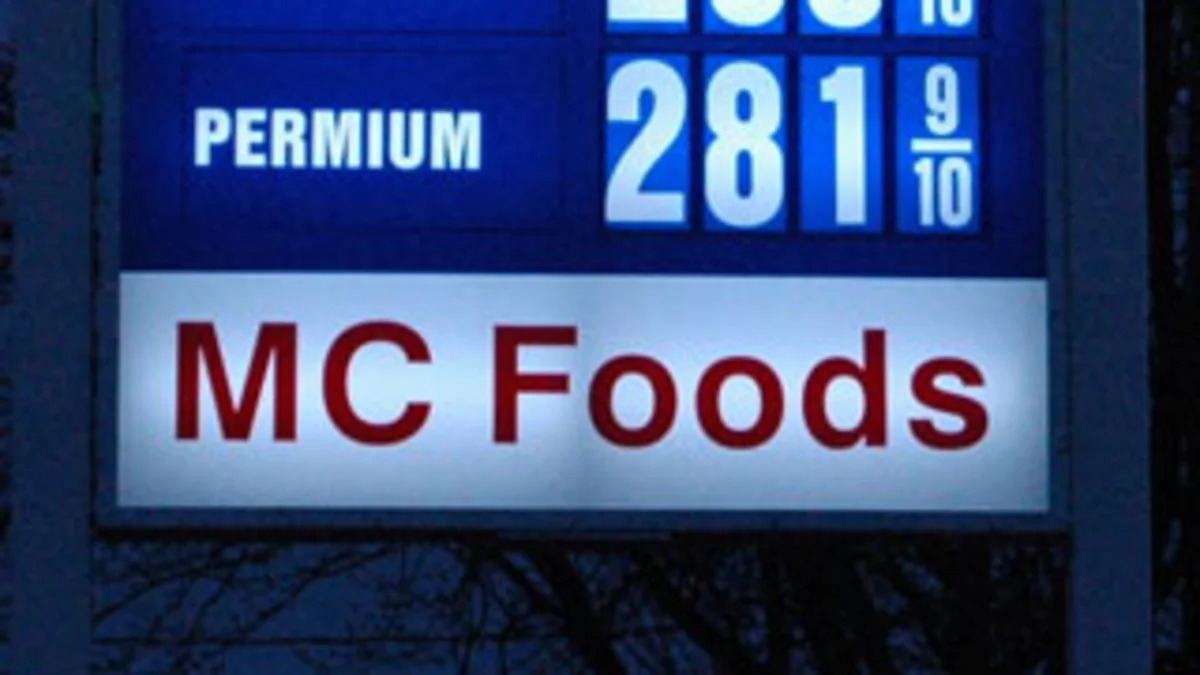Five Gas Myths

-

In a world gone mad, gas prices are doing the unthinkable: Falling.
Gas prices are headed to a 12-month low, expected to fall below the national average of $3.28 a gallon, according to AAA. Prices spiked in April, hitting $3.94 a gallon, and resurged after Hurricane Sandy to around $3.87 a gallon.
One can only hope gas prices continue their downward trend in 2013, but one thing we've learned is that gas prices are unpredictable. However they go, here are five myths about gasoline, gas prices and American driving explained and debunked. -
1. High gas taxes would be bad for the U.S.
We Americans love our cheap gas. The average price of a gallon of regular gas today is $3.32, according to AAA. That is higher last year, but still a lot lower than other parts of the world.
Gas prices in Europe trend closer to $6.50 per gallon. And before you talk about how the European economy is in a shambles, don't for a minute blame fuel prices. It has nothing to do with the problems of the European Union economy today.
Europe's per-capita energy use is half that of the U.S., owing to the fact that the high prices compel families and businesses to conserve the gas they use, and buy much more fuel efficient vehicles than we buy in the U.S. This policy leaves Europe much less vulnerable to oil price shocks, and makes Europeans far less interested in fighting Middle East wars.
U.S. drivers adapt when gas prices go higher. When gas prices near and top $4 per gallon, sales of smaller, more fuel efficient vehicles and hybrids go up. But then prices come down, sales of those vehicles soften and those of SUVs go up again.
Actual policy that set a floor for gas prices would change U.S. driving habits for good, give automakers the clarity of policy they need to build the right mix of vehicles and allow oil companies to plan their mix of investments. -
3. High octane gasoline improves mileage and improves "power"
Nope. Neither one. if your car is designed to run on 87 octane gasoline, high octane gasoline will not improve a vehicle's mileage. High octane gasoline does not make for quicker starting, nor does it increase power. If you notice quicker starting or more power after changing gas, it probably means your engine is in need of repair.
-
5. Diesel fuel is dirty
That used to be the case if you were comparing diesel to gasoline. But EPA emissions requirements have significantly tightened, and diesel engines now have to meet the same environmental criteria as gas engines. Automakers achieve this by adding a Diesel Particulate Filter (DPF), which removes visible smoke.
A few years ago, diesel fuel had to be made cleaner by removing sulphur. Today, the diesel we pump is Ultra-Low-Sulphur-Diesel, or "clean diesel." Today's automotive diesel engines actually emit less carbon dioxide than gasoline engines do.


